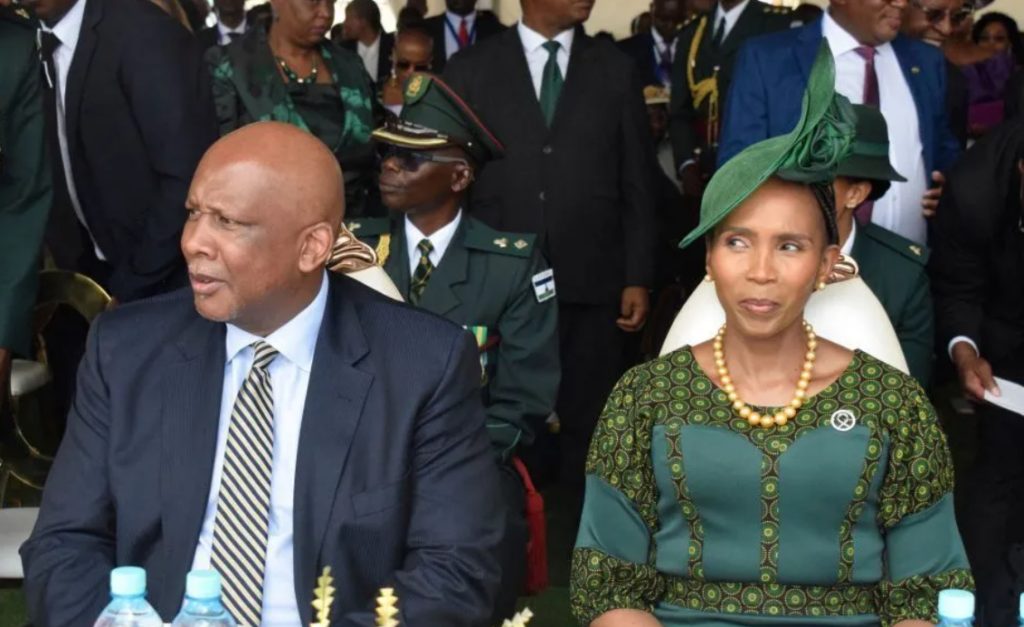A high-profile Lesotho opposition lawmaker, Dr Tshepo Lipholo, is facing serious criminal charges after publicly accusing the country’s monarch and government of surrendering Lesotho’s sovereignty to neighbouring South Africa.
Dr Lipholo, leader of the Basotho Covenant Movement (BCM), has been charged with sedition, inciting public violence, and violating the dignity of the royal family. According to court documents, he allegedly declared that King Letsie III and the government had agreed to make Lesotho the 10th province of South Africa claims made across social media and radio interviews between April and June 2025.
In a move that shocked many in the nation, Dr Lipholo reportedly declared himself the “paramount chief of Basutoland”, invoking the country’s colonial-era name, and directly challenging the authority of the reigning monarch. He appeared in court on Monday seeking bail, but the hearing was postponed until 25 July. Until then, he remains in custody.
Lipholo, whose party holds only one seat in parliament, has previously stirred controversy by calling for the return of several South African regions including the Free State, Northern Cape, and KwaZulu-Natal which he claims rightfully belong to Lesotho. He bases this stance on a 1962 United Nations resolution supporting self-determination for the people of Basutoland, the territory that became Lesotho after gaining independence from the UK in 1966.
South African officials have dismissed his calls as unrealistic and unworkable, citing the 1964 Cairo Declaration by the Organisation of African Unity. This agreement maintains colonial borders to avoid widespread conflict in post-independence Africa, making border revision efforts diplomatically and legally untenable.
Adding further intrigue, retired army Major General Samuel Makoro was also arrested for allegedly supporting Lipholo and leaking sensitive information.
While Lipholo has expressed hope that the British Parliament might revisit the historical border issue, analysts say his campaign is unlikely to gain traction either locally or internationally. His provocative rhetoric and symbolic actions have instead landed him in legal jeopardy and sparked national debate over Lesotho’s sovereignty and identity.

